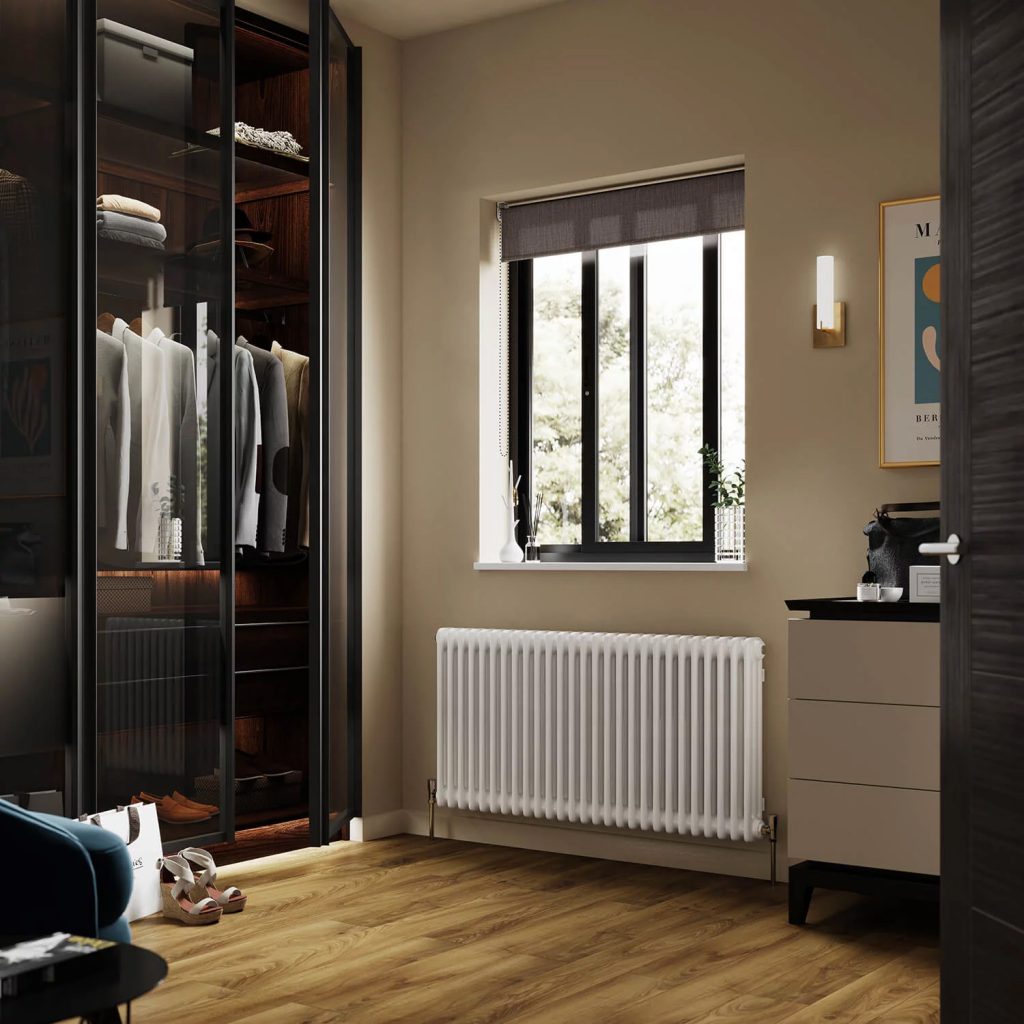Keeping your radiators in optimal condition is crucial for maintaining a warm and comfortable home environment. Proper care not only ensures efficiency and longevity but also helps eliminate unnecessary energy wastage. Radiators often work tirelessly, particularly during the colder seasons, and giving them due attention can significantly enhance their performance. In this guide, we will discuss some of the most effective methods for cleaning and maintaining your heating systems at home.
Regular Dusting and Cleaning
One of the fundamental steps in caring for your radiators is to keep them free from dust and debris. Dust build-up can inhibit the transfer of heat, resulting in less efficient heating. Use a microfiber cloth to regularly wipe down the surfaces of your radiators. For hard-to-reach areas like the back or between the panels, consider using a radiator cleaning brush. This brush can effectively remove dust without causing any damage to the delicate parts.
Bleeding Your Radiators
Over time, air can become trapped within your radiator system, leading to cold spots and reduced efficiency. Bleeding is the process of releasing trapped air and restoring the full heating potential of your radiators. To bleed your radiators, switch off your heating and allow it to cool. Use a radiator key to gently turn the valve at the top of the radiator until you hear a hissing sound. This indicates that the air is escaping. Once water begins to trickle out, close the valve. This simple procedure can dramatically improve radiator efficiency.
Inspect for Leaks
Regularly inspect your radiators and pipework for signs of leaks. Leaks not only reduce heating efficiency but can also cause water damage to your home. If you notice damp spots or a drop in the boiler pressure gauge, it might indicate a leak. It’s advisable to contact a professional to address any leaks, as they may require specialised tools and knowledge to repair properly.
Check Thermostatic Valves
Thermostatic radiator valves (TRVs) allow you to control the temperature in individual rooms. They must be in good working order to manage your home’s heating effectively. Periodically check these valves to ensure they are not seized up. Turn them up and down occasionally to keep them moving smoothly. If a valve is malfunctioning, it may need to be cleaned or replaced by a professional.
Maintain Adequate Clearance
Radiators need space to circulate heat effectively. Avoid placing furniture directly in front of radiators, as this can obstruct heat flow and lead to uneven room temperatures. Where possible, keep at least a few inches of clearance between your radiators and furniture to allow efficient heat distribution throughout the room.
Schedule Professional Servicing
Even with regular home maintenance, it’s wise to have your heating system professionally serviced annually. A heating engineer can perform a thorough check, ensuring that everything is in optimal condition. They can also offer advice on any potential upgrades or repairs that could enhance your system’s efficiency.
Final Thoughts
Proper care and maintenance of your radiators can lead to increased efficiency, reduced energy bills, and a warm, comfortable home. Embrace these best practices to extend the lifespan of your heating system and retain a cosy atmosphere even in the coldest months. Remember, a well-maintained radiator system is an investment in the overall comfort and functionality of your home.



